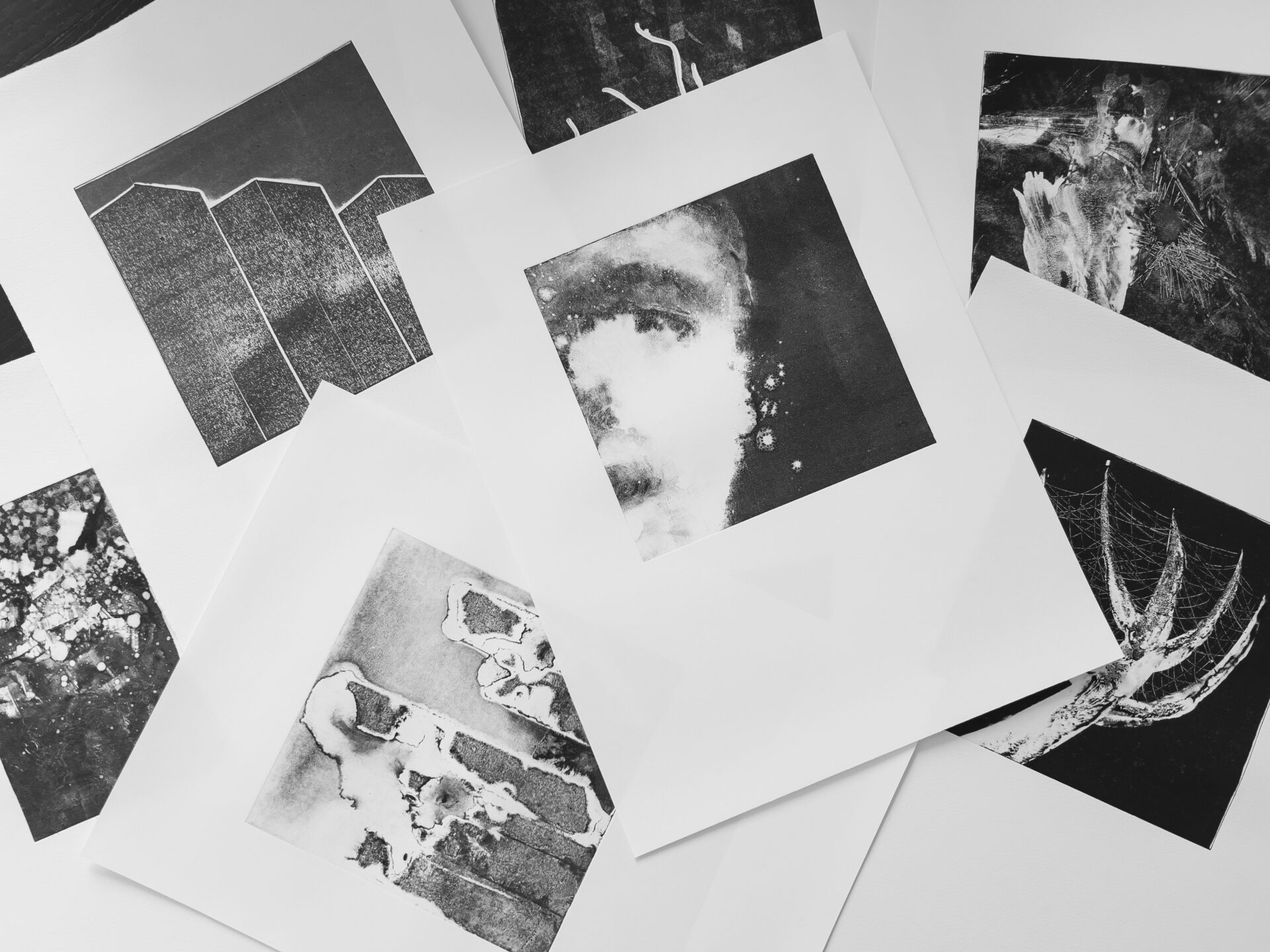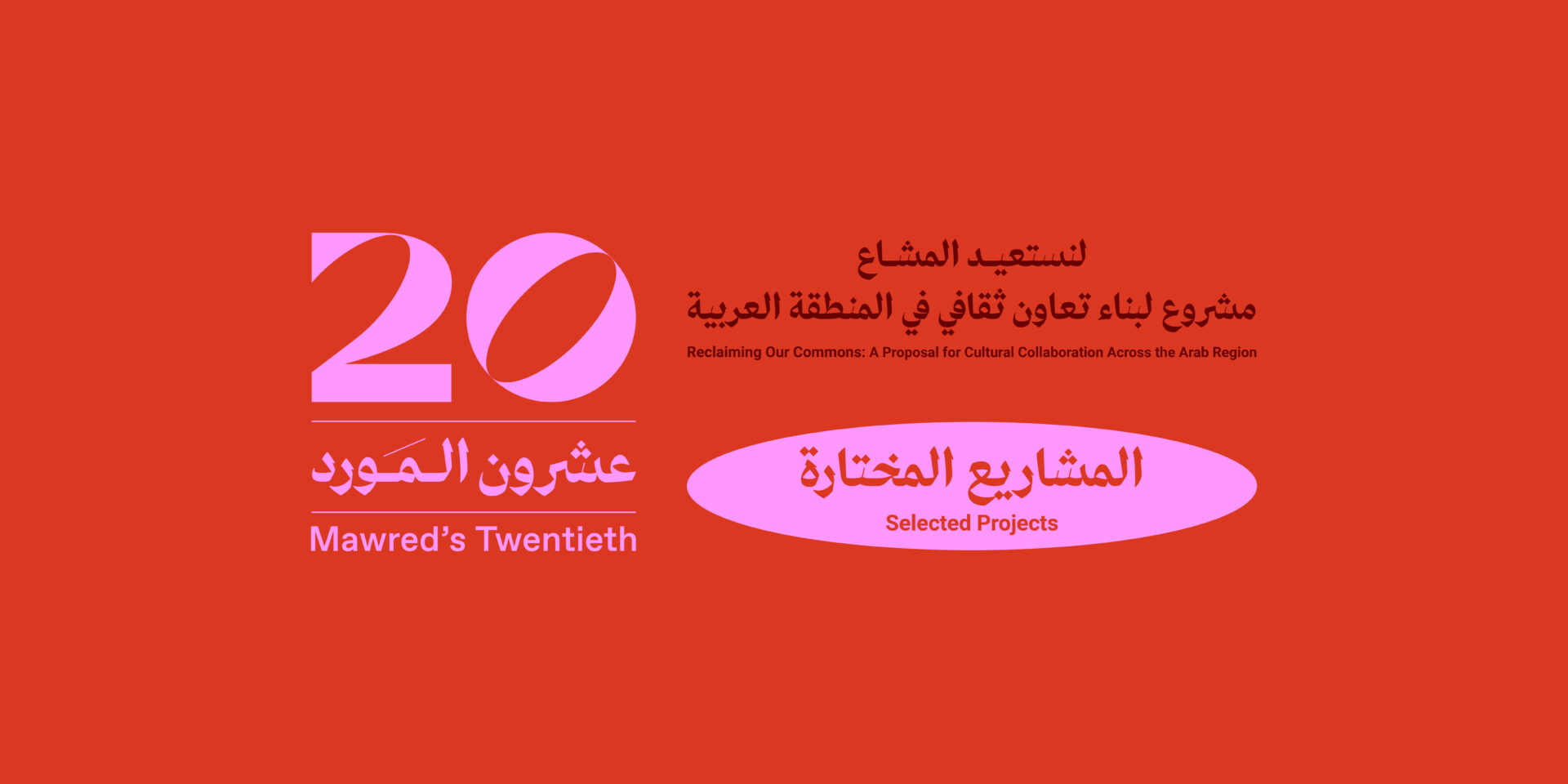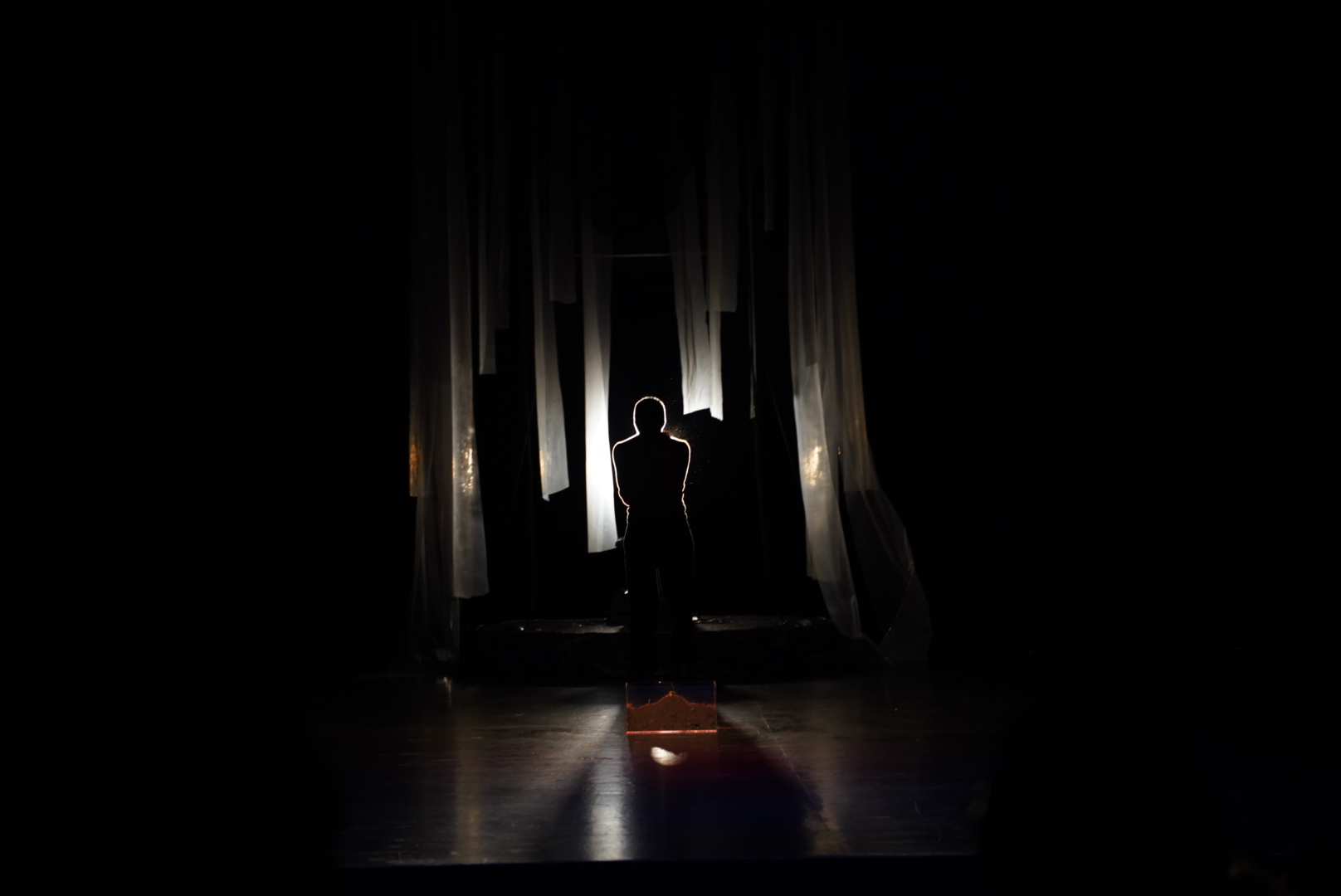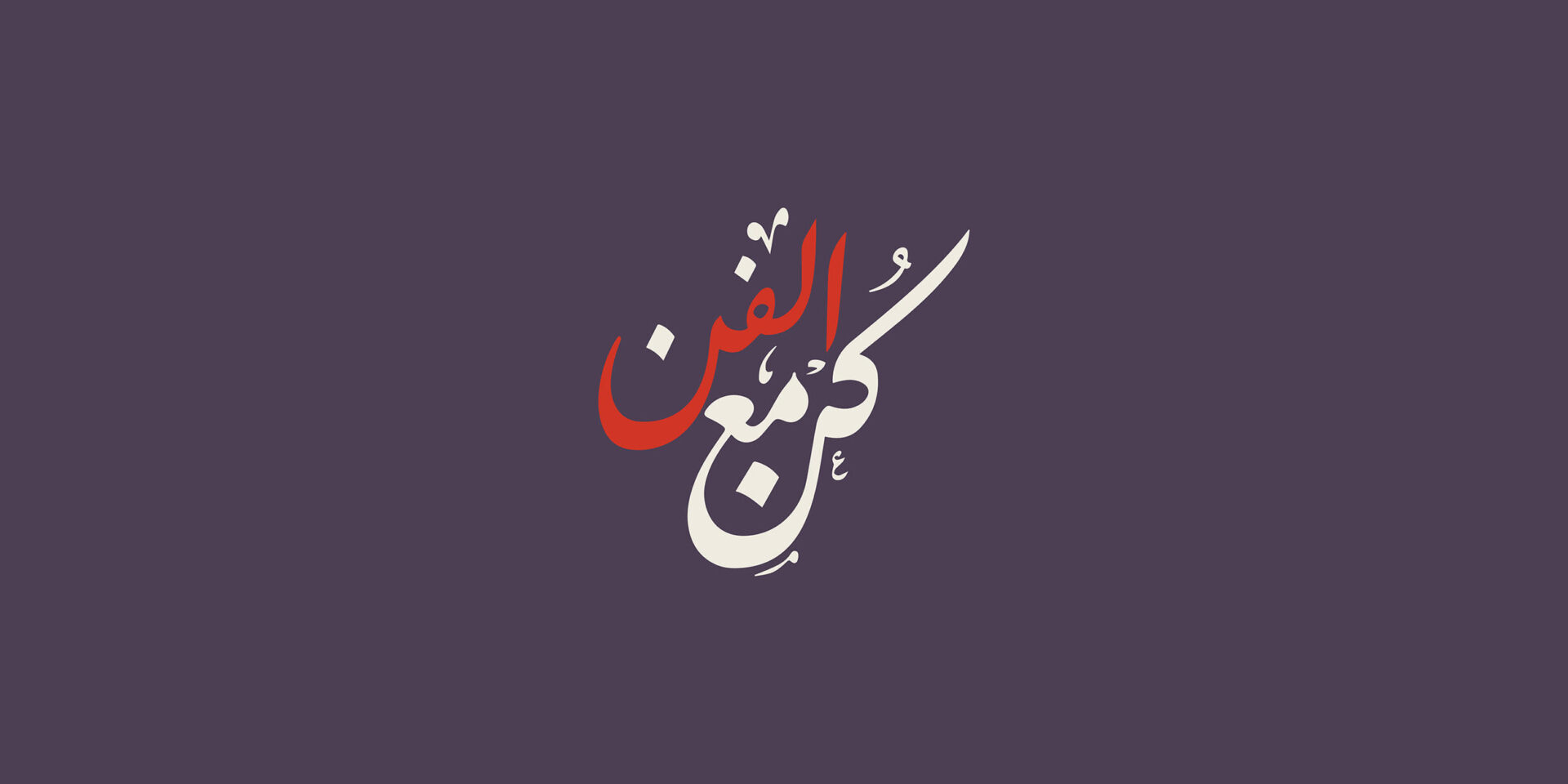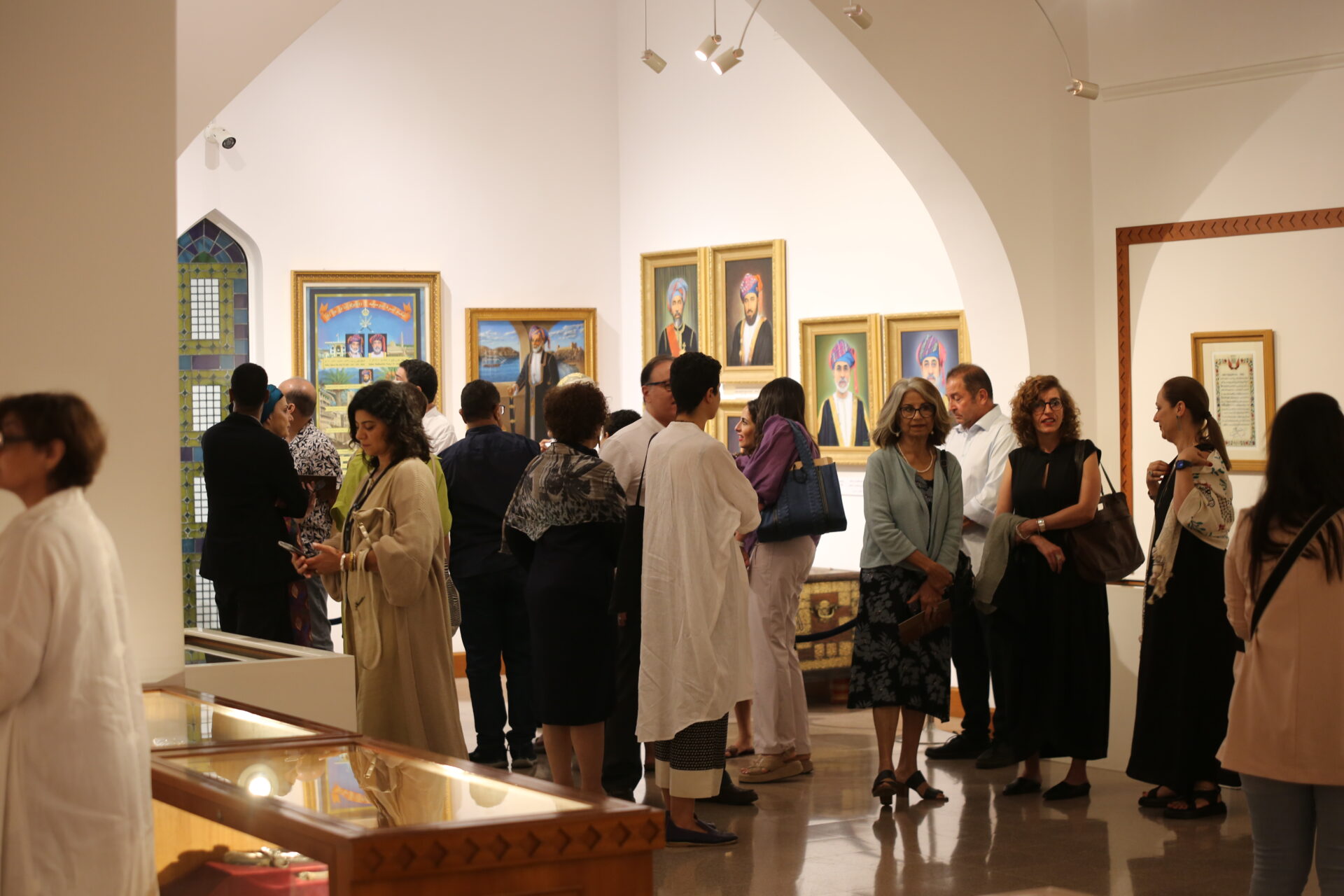Culture Resource is pleased to announce the grantees of the 2019 round of the Production Awards program which supports and encourages a new generation of artists and writers from the Arab region by funding their early creative projects in music, cinema, literature, visual arts and performance arts. The jury selected 21 projects out of 371 applications.
Music
Mohannad Nasser, Syria/ oud player and musician
“Al-Hamra” Album
Al-Hamra is a collection of original compositions, by Mohannad Nasser, based on the components of Arabic music with their potential for being fused with flamenco music and jazz. The album reflects the composer’s journey from Syria to Europe via Lebanon and Spain in search of the hidden intersections between the music of different peoples. The journey starts at Beirut’s Al-Hamra Street, a symbol of diversity and plurality, and proceeds to Al-Hamra castle in Granada, a symbol of the historic influence of Arabic culture at a crossroad between the Arab world and Europe. The album presents eight pieces performed by some of the best musicians from the Arab world and Spain.
Wael Jegham, Tunisia/ music producer and songwriter
“Low-fat milk” Album
Wael Jegham’s (AKA Ghoula) second album, “Low-fat milk”, will feature twelve songs recorded using alternative techniques to those customarily used in North Africa. Old vinyl recordings of excerpts from the North African musical legacy will be combined with modern digital recording technologies in order to create a unique feel. This project offers an occasion to breathe new life into Maghrebi musical heritage through the creation of a generational bridge that both addresses youth and reconciles their culture with that of their ancestors.
El Fallah Khaless, Morocco/ oud player
“Wachma” Album
The project is to embark on a long journey from the Maghreb region to the Middle East and Europe in order to combine the diversities and variations between the maqams (melodic modes and scales) in these areas. The essential idea behind the project is to transcend geographical boundaries as El Fallah strives to express himself and his identity which he discovered is rooted in many and diverse origins. “Wachma” will be a meeting point for all these geographical and musical sources. El Fallah plays the watar, the oud, and the banjo; and in this project, he will combine them with other Western instruments.
Philippe Jarad, Palestine/ musician
“VISA” Album Release Concerts
The “VISA” album release concerts aim to expose the audience to an audiovisual and movement experience, together with the music from the second album of the Palestinian band Mafar. The album’s ten tracks relate the story of a young man that embodies the daily conflicts that Palestinian youth experience under Israeli occupation and unjust governments. The album focuses on political, social, economic, and cultural issues. The “VISA” album launch will combine storytelling, live music, singing, acting, movement and dance, promising a diverse and interdisciplinary artistic phenomenon.
Jury members:
Kamilya Jubran, Palestine/ singer and composer;
Tareq Al Nasser, Jordan/ composer and arranger;
Dima Orsho, Syria/ singer and composer.
Cinema
Mezar Matar, Syria/ filmmaker
Production of the feature Documentary “Plastic Flowers”
Co-directed with Amer Matar, “Plastic Flowers” recounts the long search for a journalist who was abducted and imprisoned by ISIS in August 2013. As his family members struggle to learn of his fate, they relive the bitter chronicles of forced disappearance and captivity. During the search, they utilize different types of cameras to film their experiences in Raqqa and the ISIS prisons there, their escape to Turkey and then Germany, and then the resumption of their search in Raqqa after it was freed from ISIS control.
Nara Salah, Syria/ filmmaker
Development and Production of the feature Docu-fiction “Heads up!”
Nara, the narrator, is an exceptional girl who was born in Saudi Arabia and lives in Damascus in a conservative community. Following the outbreak of the Syrian revolution, she begins to confront that society when she visits an exceptional village called Kafranbel. She starts shooting a TV series, written by the members of the local Press Office, that relates, in cynical tones, their ordeals under the conditions of near daily aerial bombardment. The series recreates the details of the turbulent life in the town as it tells the story of a young Syrian generation that had dreamt of revolution, freedom, and social justice only to be flung into the maelstrom of war and to find themselves struggling against jihadist tyranny and the regime’s oppression at the same time.
Mark Lotfy, Egypt/ filmmaker
Production of the feature Documentary “Overnight”
Co-directed with Noor Abed,”Overnight” tells the story of an outdoor cinema that was founded in Cairo in 1940 during World War II, and got closed in the early 1980s. The Cinema space has been an integral part of huge socio-political changes for four decades; where it has become a multi-party dispute. The film discusses the cinema space on a structural level, and the concept of public space as an undiscovered archive of historical transformations and as an organic evidence of the effects of time. The film states that questioning marginalised places through fictional interrogations can provide an entry on re-understanding both history and art.
Darin Sallam, Jordan/ screenwriter and filmmaker
Production of the Feature Fiction “Farha”
When 12 year old Farha confronts a life changing experience, she is forced to abandon her dreams and fight for survival as a new state is created, based in her village.
Jury members:
Yamina Chouikh, Algeria/ filmmaker;
Faouzi Bensaidi, Morocco/ filmmaker;
Fadi Baki, Lebanon/ filmmaker.
Literature
Ayah Mufid Younis, Jordan/ Children’s book author
“Topsy-Turvy”, the First Book of the “Naizak” Series
An illustrated story for children, “Topsy-Turvy” relates how the peaceful Naizak, a comet with a strange composition and energy, strikes earth but only disturbs the animal world, causing animals on land, below ground, in the air and underwater to change their forms and their habitats in fun and entertaining ways. The animals, thrown into confusion by their new states and circumstances, try to reach accommodations through some quirky bargaining which gives rise to new relationships and occasions dialogues about needs and options. While some manage to strike deals, others continue the search for solutions to their new situations.
Talal Musa, Sudan/ writer and media professional
“Disappear” Novel
A female novelist suffers from writing aphasia yet insists on writing a novel telling the story of a man whom she had loved dearly and thought would stay with her, until she wakes up one day to find he had travelled to Syria to join ISIS. At the same time, she is embroiled in a fierce conflict with her conservative family and the equally conservative Sudanese community she lives in abroad. Writing becomes her only means of resistance.
Sanaa Khoury, Lebanon/ writer and journalist
“Wild Wild Love” Novel (working title)
The Chinese company Weiqing (Protectors of Feelings) specializes in hunting husbands’ mistresses on behalf of the wives. In “Wild Wild Love” we imagine a similar company whose clients and employees speak Arabic. One of the company’s professional hunters embarks on a “sacred” mission to save a woman’s marriage. Her goal is to infiltrate into the mistress’s life and use various schemes and stratagems to persuade her to break off the affair.
Nour Owity, Palestine/ writer
“Oczepiny” Novel
In her private life, there is something that the writer has always ran away from, she is the granddaughter of “The Jew”. The novel narrates the lives of three oppressed women in three different timelines: the story of Eva, a Polish Jew who married a Christian German clerk at the beginning of the 20th century. The story of Khaya, an Israeli Jew who married a Palestinian man the year before the 1948 crisis; And the story of Amina, a Palestinian who was forced into an arranged marriage with a Syrian businessman. The three stories interweave to depict the pernicious effects of the politicisation of human relations and the oppression of women.
Jury members:
Hatif Janabi, Iraq/ poet, writer and translator;
Moubaraka al Baraa, Mauritania/ poet and writer;
Wajdi Al Ahdal, Yemen/ novelist, short story writer and playwright.
Visual Arts
Joseph Kai, Lebanon/ visual artist
“Sissies” Comic Book
“Sissies” is a comic book that tells the story Mr. K, a curator who lives in Beirut. The story explores the theme of “anxiety” and, in particular, how gender and art generate this sensation in him. Mr K. lives between the art he sees daily, which transports him to utopian planes where he experiences different truths and aesthetics, and the reality of the city where he lives. The project uses storytelling as a means to study the themes of shame, guilt and judgment that shape “the anxious individual“ and, simultaneously, it explores the potentials for the visual representation of these themes.
Abir Gasmi, Tunisia/ screenwriter
The Graphic Novel “Point Zero”
Point Zero is a contemplative graphic novel that follows the journey of a solitary explorer who roams the Sahara in search of black crickets that he believes will be the cause of an immanent cataclysm. As he tries to track these creatures to their source, he gradually realizes that he has come face-to-face with the apocalypse. Imashek, the desert spirit, tries to convince him to give up the hunt. «Everything comes to an end» he says. It takes the explorer some time to understand that every end brings a new beginning.
Imane Ibrahim, Egypt/ visual artist and photographer
The Visual Installation “I’m Mounira from Egypt”
This collection of separate but connected short stories, is about a girl of the 1990s generation, from a middle class Egyptian family, who studies fine art. The stories, which are set in existing buildings and are narrated by Mounira or other characters, explore various human conditions and intimate situations as they shift back and forth across time between the generation that grew up in the 1980s and the one that is reaching adulthood in the third decade of the second millennium. The project is an attempt to create appeals for an imagined reality and impossible wishes.
Raafat Majzoub, Lebanon/ visual artist
“The Khan Collection” Project
This project invites unusual stakeholders to enter the art market, disrupts its gallery-centrism and creates oblique entry points to regional social research. For edition one, Majzoub will undertake commissions to create three artworks for three patrons, but on the condition that the works will be co-owned by “The Khan” as part of its private collection. “The Khan” will not profit materially if one of the patrons decides to sell a commissioned work, but it will retain its right to remain a co-owner with the purchaser. In this fashion, it will build up a co-owned institutional collection reflective of intimate contemporary contexts and embracing future sharing economies. Majzoub will also create a research-based exhibition not to display these artworks but rather to showcase the process itself.
Jury members:
Maha Maamoun, Egypt/ visual artist;
Hadia Gana, Libya/ plastic artist;
Said Baalbaki, Lebanon/ plastic artist.
Performing arts
Abd Al Hadi Abunahleh, Jordan/ dancer and performer
“Time out of Time: Special Place” Dance Performance
The project is to create the places, spaces and experiences that lie in between reality and illusion, external and internal processes, time and space, and mind and body. It is an attempt to bend minds and to transport them—if, only for a second—from their comfortable realities into liminal/liminoid zones of possibility. It features a series of interactive installations and a live performance which, together, envision a future where the lines between dance, design, architecture, circus arts, and science will be blurred, offering a gateway to an alternative reality.
Rama Haydar, Syria/ playwright and theater director
The play “Kin of Love”
A play that examines the crisis of identity and alienation by addressing the story of the dull and uneventful life of Dr. Nabil and his wife Nada who remain alone in their new sanctuary after being displaced from Damascus during the war. The project sheds light on the current social realities in the countries of asylum, as well as to portray the state of wretchedness and intellectual lassitude that has affected all of society. The play addresses social issues, including unconscious class conflicts, through the polarizations that we observe among the characters.
Roaa Bzeih, Lebanon/ actress and theater director
The Play “Hide and Seek Laboratory”
A sole performer fears losing control and frets over details related to the position of his body in space and the need to adopt a socially acceptable appearance. The result is an ambiguous condition that renders him unable to make decisions about retaining or ignoring unwanted thoughts or sexual convictions. He resorts to a virtual character endowed with artificial intelligence, which forces him to contend with such questions as how to interact with virtual world and the limits of the capacity for inaction.
Youstina Samir Moussa, Egypt/ director of the Panorama Barsha troupe
The Theater Performance “Al Hara”
A street theater performance that addresses the problems women endure in marginalized communities in a different way. Solutions and initiatives for remedying these problems will be proposed through songs related to folk heritage.
Mohanad Haj, Sudan/ playwright
“The Baobab Chronicles”
The project aims to scout for the authentic stories of kids who lived in a civil warzone, because their stories have so often been co-opted by organizations and news channels and reduced to official reports and numbers. Just as the Baobab tree stores water deep in its trunk, the project aims to dive in with the kids into their own stored stories using drama and storytelling techniques. The project will culminate in storytelling shows that will tour Sudan and a book that documents the experience.
Jury members:
Laila Soliman, Egypt/ playwright and theater director;
Issam Bou Khaled, Lebanon/ theater director;
Moez Mrabet, Tunisia/ theater director.

